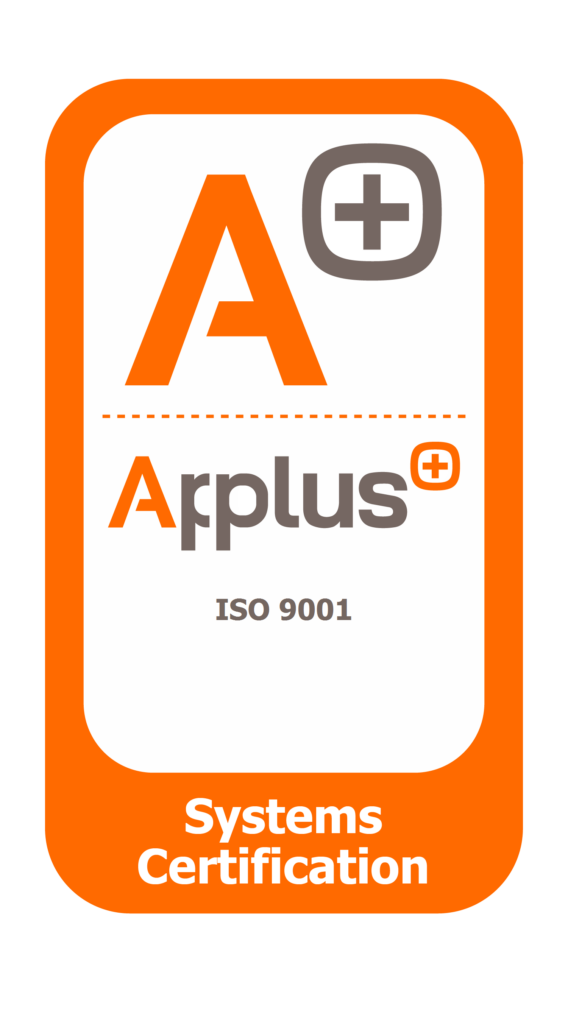Understanding Industrial IoT and Its Impact
Industrial IoT (IIoT) is reshaping operations by connecting machines, sensors, and data to streamline industrial processes. By connecting machines, sensors, and analytics, IIoT enables companies to optimize processes, reduce downtime, and improve overall efficiency. The integration of real-time data allows businesses to make informed decisions and automate key operations. With platforms like thethings.iO, companies gain seamless connectivity and actionable insights for industrial operations.
The Role of Sensors in Industrial IoT
Sensors are at the heart of Industrial IoT, collecting critical data that enhances operational performance. These devices measure various parameters such as temperature, pressure, vibration, and energy consumption. With accurate data, industries can predict failures, improve safety, and enhance productivity.
Real-Time Monitoring for Improved Efficiency
IIoT sensors deliver instant performance insights, helping detect issues before they escalate.. This allows industries to detect issues before they escalate, reducing unexpected breakdowns and costly repairs.
Predictive Maintenance Reduces Downtime
Predictive maintenance, powered by IIoT sensors, uses data analytics to anticipate equipment failures. Instead of relying on scheduled maintenance, companies can service machinery when necessary, extending equipment lifespan and reducing costs.
How Industrial IoT Enhances Operational Efficiency
Automation and Smart Manufacturing
IIoT enables automation by integrating smart sensors with cloud-based platforms. Machines can communicate with each other, adjust settings dynamically, and reduce human intervention, leading to optimized production cycles.
Data-Driven Decision-Making
The continuous flow of data from IIoT sensors provides valuable insights. Businesses can analyze trends, identify inefficiencies, and implement strategic changes to improve productivity and resource utilization.
Energy Optimization and Sustainability
With IIoT, companies can track energy consumption in real-time, identifying areas where power usage can be reduced. This leads to cost savings and supports sustainability initiatives by lowering carbon footprints.
Use Cases Across Sectors
Industrial IoT is widely adopted across various sectors:
- Manufacturing: Smart factories streamline production, reduce waste, and improve quality..
- Oil and Gas: Sensors monitor pipelines, preventing leaks and ensuring safety.
- Logistics and Supply Chain: IIoT enhances tracking, reduces delays, and improves fleet management.
- Utilities: Smart grids improve energy distribution and prevent outages.
Challenges and Considerations in Implementing Industrial IoT
While IIoT offers numerous benefits, there are challenges that industries must address:
- Cybersecurity Risks: Stronger protections are needed as connectivity increases exposure to cyberattacks.
- Integration Complexity: Connecting legacy equipment with modern IoT platforms can be challenging.
- High Initial Costs: Although IIoT leads to long-term savings, initial investment in sensors, software, and infrastructure can be significant.
Future of Industrial IoT and Its Growing Importance
As technology advances, Industrial IoT will continue to evolve, integrating AI, machine learning, and edge computing. Industries that embrace IIoT will benefit from smarter operations, reduced costs, and improved efficiency, maintaining a competitive edge in the market.
Conclusion
Industrial IoT is transforming industries by leveraging real-time sensor data for automation, predictive maintenance, and energy optimization. By adopting IIoT solutions, businesses can enhance efficiency, reduce downtime, and drive innovation in industrial operations.
Ready to optimize your industrial operations with Industrial IoT? Contact us today to get started!


